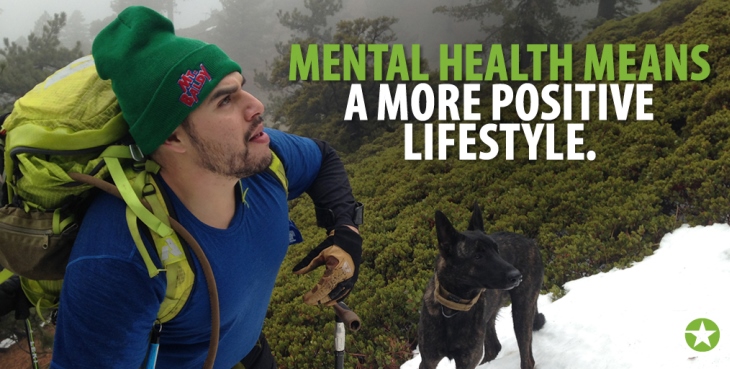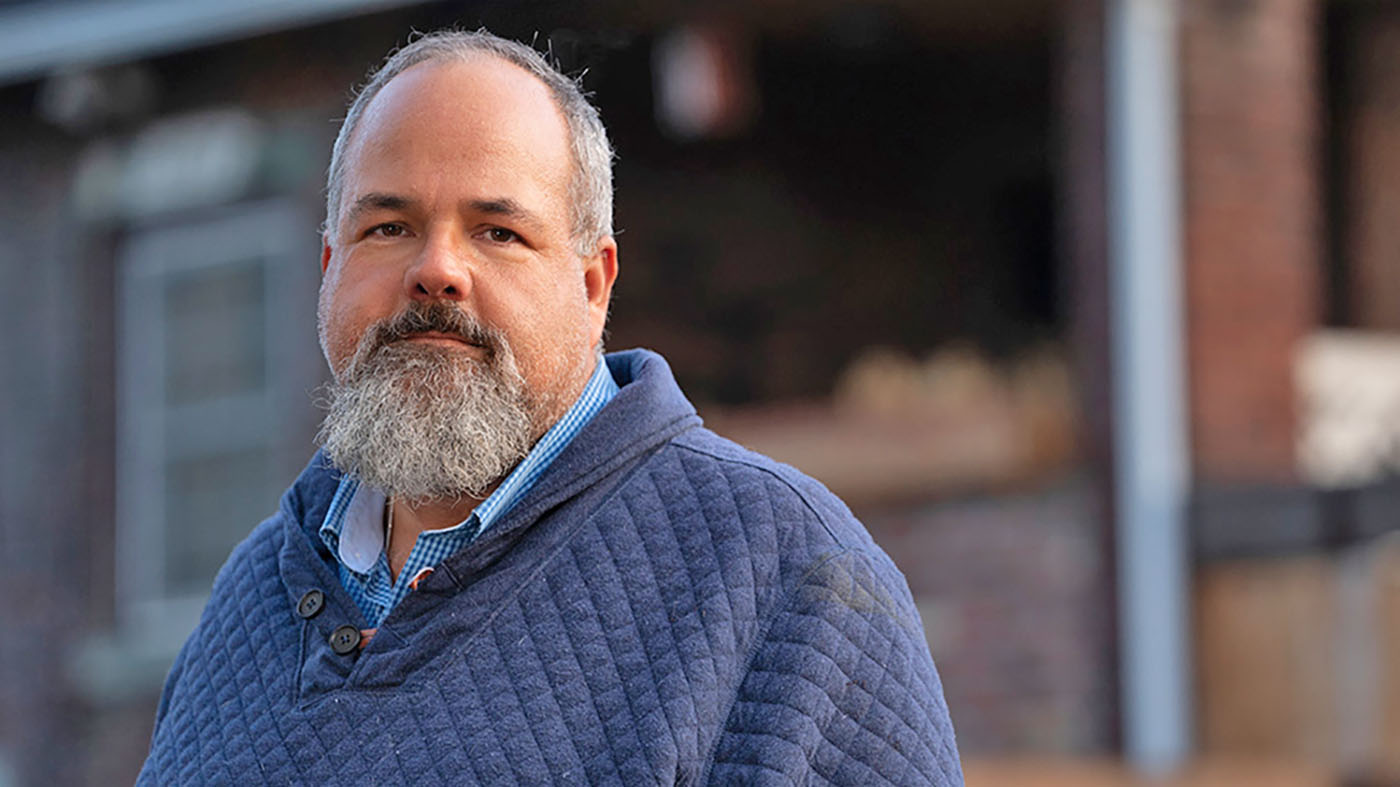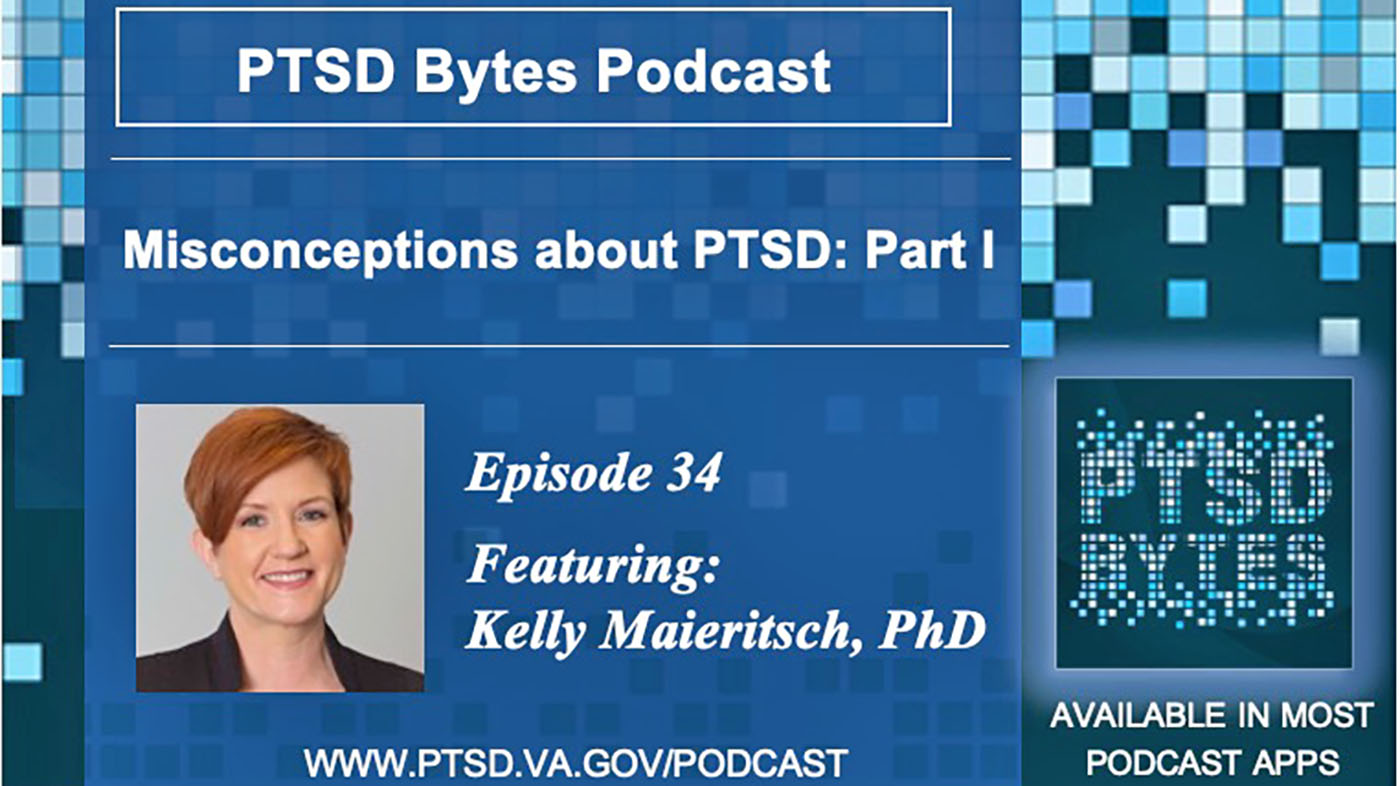In recognition of Mental Health Month this May, VA emphasized the positive impact of mental health treatment through a video campaign spotlighting hundreds of Veterans who have stepped forward to combat the stigma around mental health that is still deeply entrenched in American culture.
“VA is a leader in our nation when it comes to mental health treatment,” said Acting VA Secretary Peter O’Rourke. “During Mental Health Month, we used an innovative Make the Connection video movement to demonstrate how mental health treatment can have a significant impact on a person’s quality of life.”
The video histories found on MakeTheConnection.net document in extraordinary detail the human spirit’s ability to overcome significant trauma. The stories also aim to inspire, influence and shape communities, culture and policies for those who may be suffering from mental illness.
Also this month, VA announced that the White House approved an interagency plan to implement President Trump’s January 2018 executive order titled, “Supporting Our Veterans During Their Transition From Uniformed Service to Civilian Life.”
The order provides that VA, Department of Defense and Department of Homeland Security will collaborate to provide seamless access for Veterans to mental health care and suicide prevention resources for a full year after separation from uniformed service to civilian life, regardless of verified service connection.
Overall, VA is encouraging citizens to help mobilize their communities in support of understanding that mental health treatment can work and recovery is possible. Veterans and their family members and friends can take the first step to learn more about mental health and find local resources by visiting MaketheConnection.net. Make the Connection is also on VA’s Facebook, Instagram and YouTube platforms.
Topics in this story
More Stories
On Thursday, June 20, 2024, VA joined more than 20 federal agencies to release its updated 2024-2027 Climate Adaptation Plan.
Be ready before a suicide crisis by learning about resources that are available. You don’t have to face it alone.
In a two-part series, Dr. Colleen Becket-Davenport discusses some common myths surrounding PTSD with Dr. Kelly Maieritsch.







Do a study on the effects of having opioids withheld from documented pain patients mental health. I am sure it shortens a person’s life by having a lower quality of life because of pain issues. The families have to watch their loved one suffering and not being able to help. It must make a difference in their mental health. Doctors are suppose to “do no harm”. By not addressing a person’s proven pain issues, causes harm in physical, and mental health. As well as losing faith in doctors that are suppose to be able to do their job but are hindered because of new unrealistic laws to protect addicts and dealers. Future armed forces should not be expected to go into harms way without knowing that there will be no medical help should they need it for more than a week. When proven, documented pain is a major part of your life with no relief in sight. The quality of life, is as good as the quality of health care where the government makes unqualified decisions for everyone.